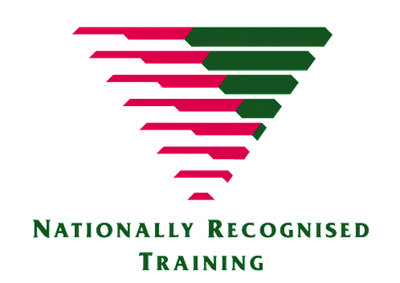HLTAID012 Provide First Aid in an education and care setting
In accordance with first aid recommendations established by the Australian Resuscitation Council (ARC) and other Australian national top clinical authorities, this section outlines the abilities and information needed to administer first aid to newborns, children, and adults.
This unit pertains to a variety of employees working in care and education environments who must react to an asthma or anaphylaxis emergency as well as other first aid situations. This includes early childhood educators and professionals who provide after-school care and vacation activities for school-age children.


CORPORATE OFFICE
94 Doveton Ave,
Eumemmerring
VIC 3177
Contact Us
Copyright © 2023 Inspire & Learn | All Rights Reserved | Designed and Maintained by DFW Website SEO